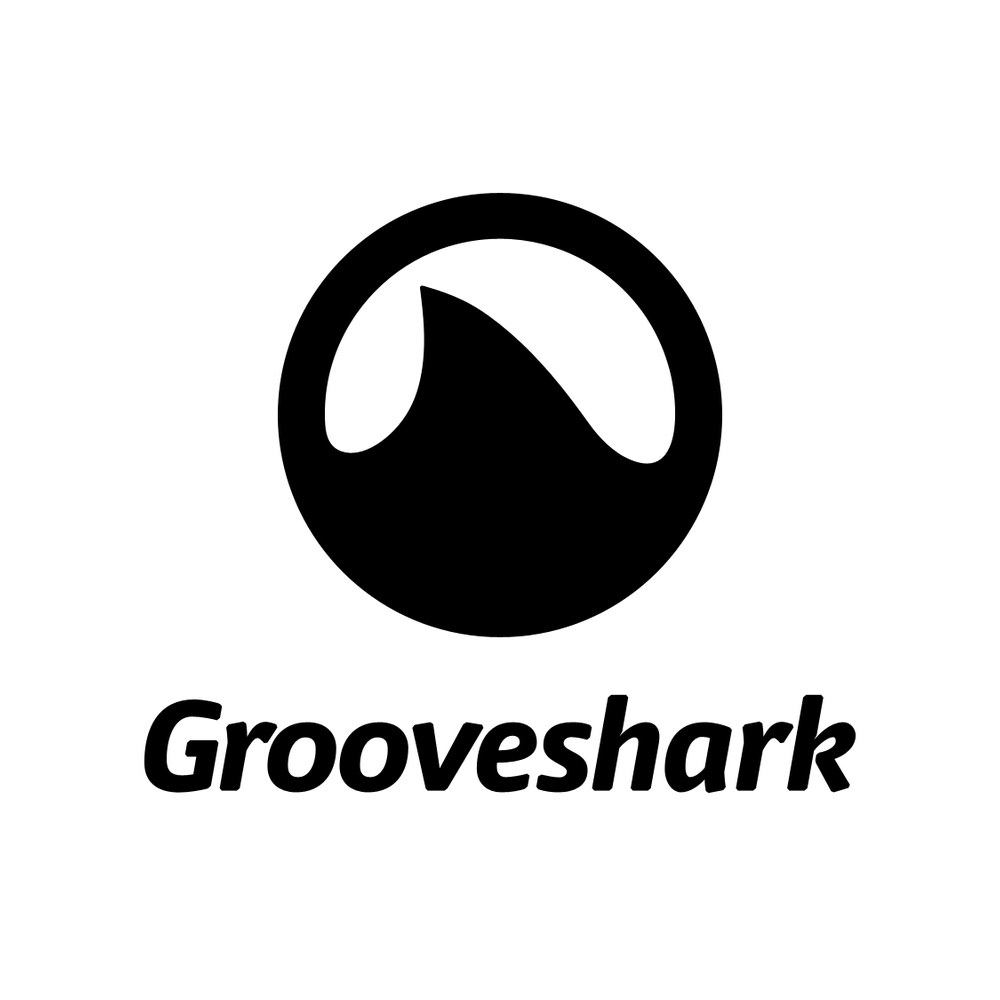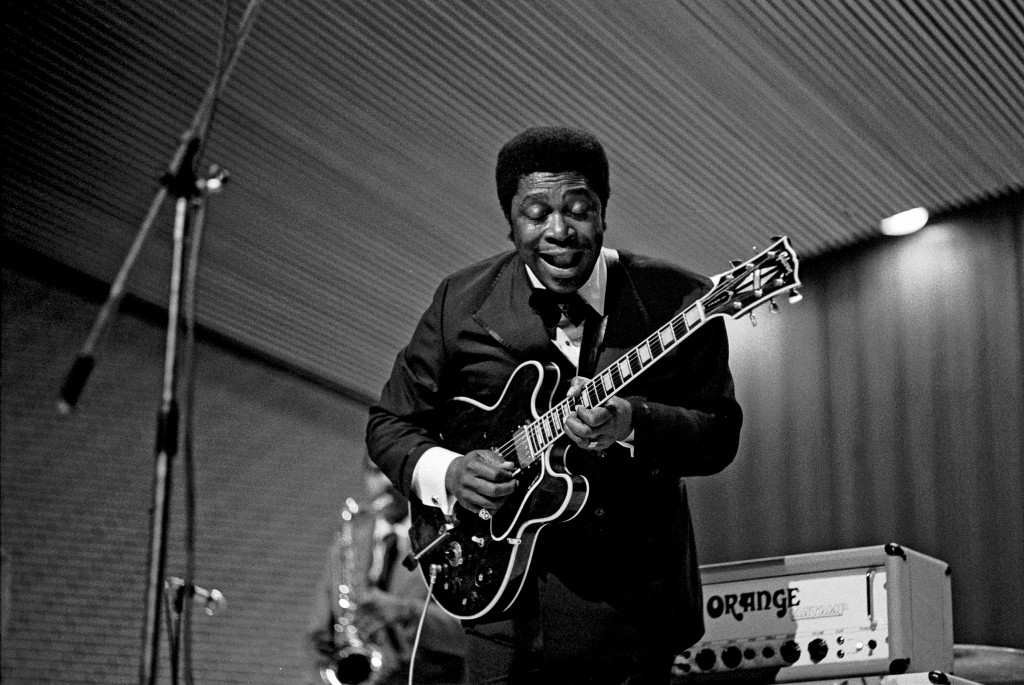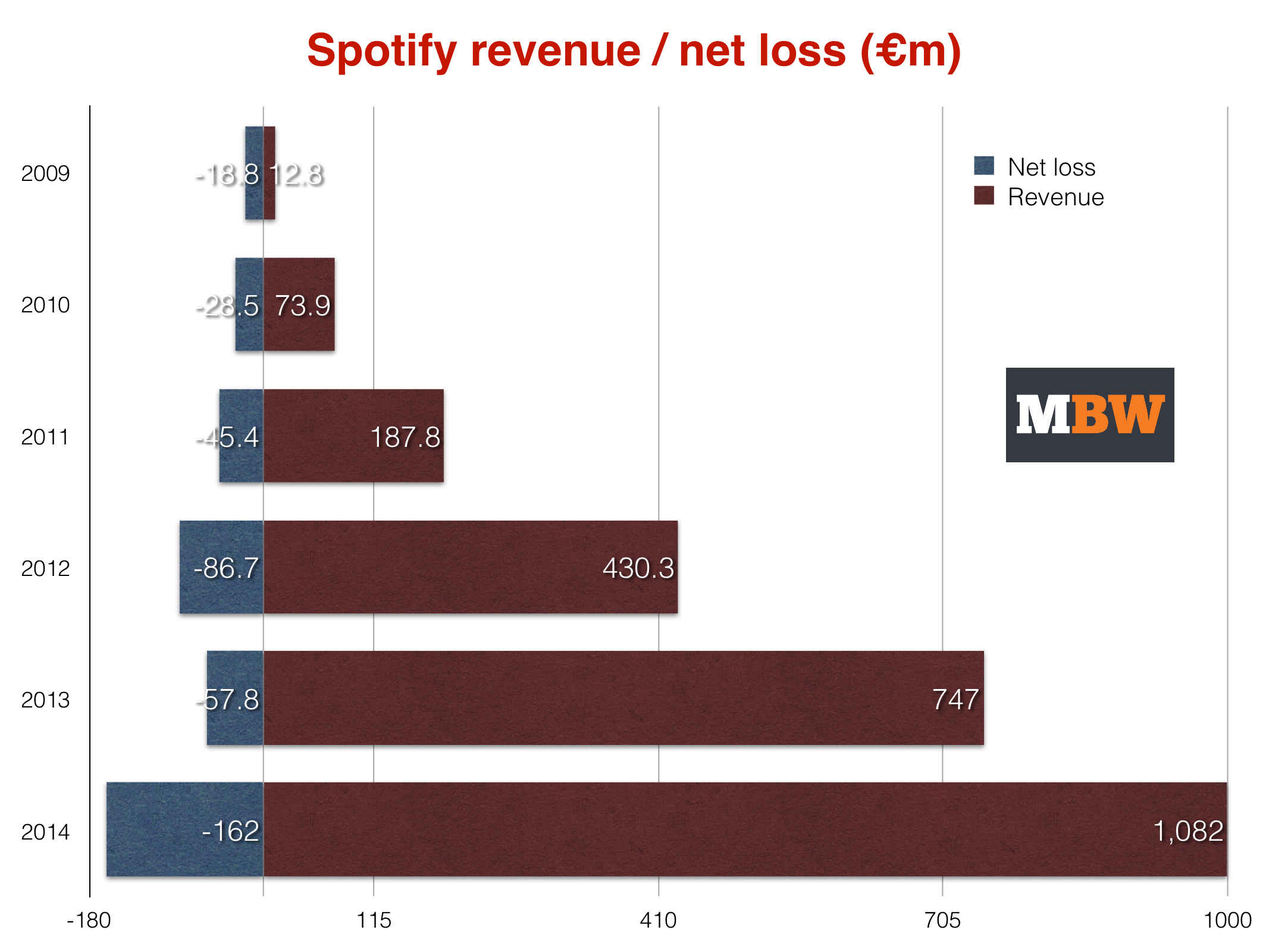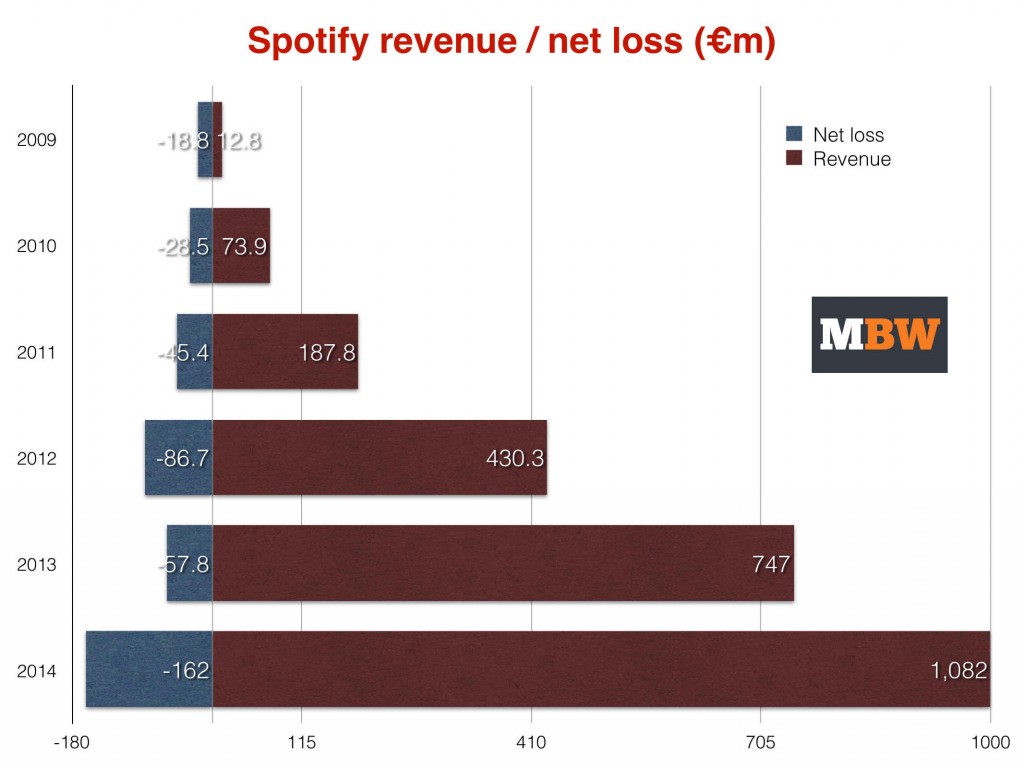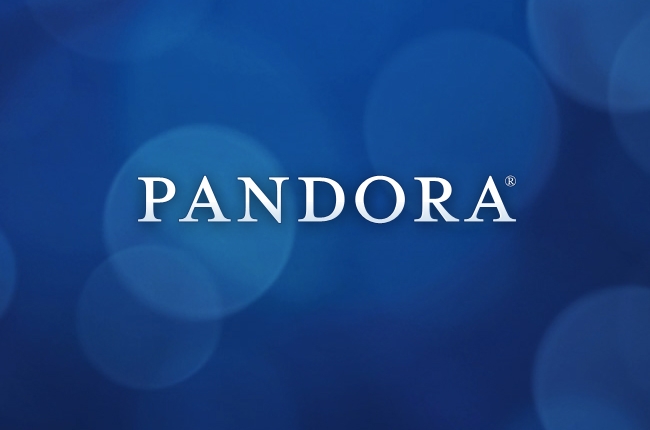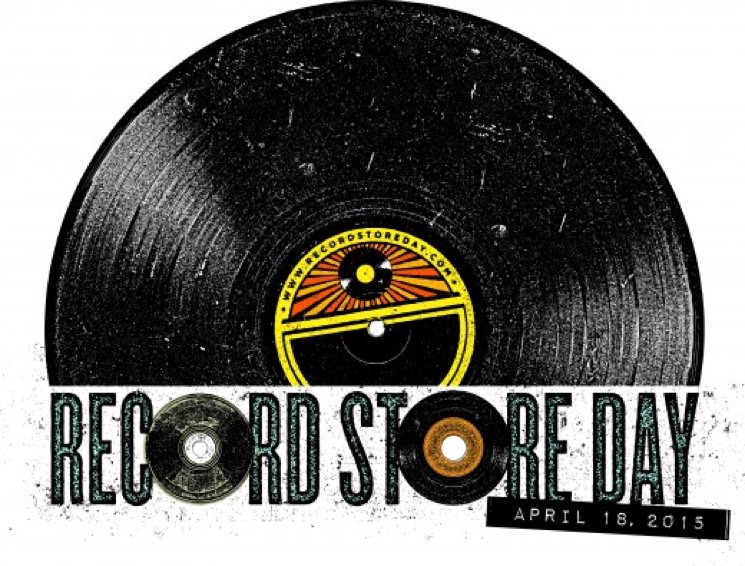Tech website The Verge last week leaked a 41-page licensing agreement from 2011 between Sony and Spotify that shed light on some of the ways that Sony keeps their Spotify revenue growing, and some of their strategies have been met with a less-than-cordial reception by a number of artists and the International Music Managers Forum. But that was just the start to what’s turning out to be a bad week for the the second-largest record company in the world.
Continue reading “SoundCloud Strategy & Leaked Licensing Contract is a PR Problem for Sony, Spotify”
Author: Larry Miller
For anyone watching the music analytics space and here at Musonomics, this is a big deal. What does this mean for Pandora? Data, and improved music recommendations for Pandora’s 79 million users. Information is invaluable to streaming services and what started as a side project for founder Alex White and his partners while they were at Northwestern has quickly turned into one of the industry leaders in music analytics. More important is what it might mean for NBS’s many clients throughout the music industry. Although a Pandora representative said that there would be “no immediate changes” in how NBS works with its existing clients, after Spotify acquired the Echo Nest last year, Rdio and many other EchoNest clients who compete with Spotify immediately dropped the Echo Nest from their roster of data providers.
The biggest surprise of all is who the buyer wasn’t — Nielsen, a company that has enjoyed a virtual monopoly on US music sales data since its acquisition of SoundScan, and has been growing its arsenal of complementary data services on music sales and downloads, radio listening and music broadcast on radio.
In his New York Times story on the acquisition of NBS, Ben Sisario mentioned Pandora’s frosty relationship with the music industry over the rates it pays for music. It is unclear how NBS will help on that front. But it won’t hurt.
Grooveshark, the Florida-based illegal music streaming site, was officially shuttered in April following a lengthy litigation process resulting in a federal court ruling against them for massive, willful copyright infringement. As part of their settlement with the major labels, Grooveshark agreed to cease operations, wipe clean all of the record companies’ copyrighted works, and hand over ownership of the Grooveshark.com domain, mobile app and intellectual property, including all patents and copyrights. It was a terminal blow for Grooveshark.com, but since that site came down a number of clones have popped up across the web
Here at Musonomics, we usually stick to the business side of music, but we decided to take a break today to give tribute to one of music’s most soulful souls. Pioneering blues musician and Mississippi native B.B. King passed away Thursday night in his home in Las Vegas. He will be sorely missed.
Continue reading “Legendary Blues Musician B.B. King Dies at 89”
Spotify is one of the biggest names in streaming, but that doesn’t mean it’s profitable. In fact, it could be a while before that happens. In a new article on the fantastic MusicBusinessWorldwide.com (MBW), Tim Ingram lays out three ways that Spotify can make that transition into profitability; pay less in royalties, watch the pennies very closely, and/or make the free-tier pay. All of those are, of course, tougher than they sound.

We’re back with another installment of Musonomics!
In our second episode we take a look at Tidal, Jay-Z’s newest headline grabber, and the state of the industry segment that Tidal is trying to conquer. Tom Silverman of Tommy Boy talks about how we’ll get to a $100 billion music business. Larry Rosin of Edison Research explains how music streaming consumption is actually evolving. And we learn about the music licensing value gap with YouTube from Alex Jacobs of the IFPI.
Listen on iTunes or Soundcloud.
Continue reading “Hello, Tidal! The Escalation of the Streaming Wars and the $100 Billion Music Business”
A new Morgan Stanley assessment of Pandora paints a bleak picture of the company’s future. By 2017, rising royalty costs and plummeting stock prices could force Pandora to seek “up to $350 million” in financing. Pandora might never become profitable, let alone make it to 2021.
What could that mean for other streaming platforms? Interestingly, Morgan Stanley analyst Benjamin Swineburn posits that a Pandora disappearance could signal an uptick in paid streaming subscribers:
“…if not for Pandora, some material percentage of its 80 million active listeners would pay $10 per month for subscription services…”
via DigitalMusicNews
The numbers are in from last weekend’s festival of vinyl and a familiar vinyl champion is at the top of the charts. The White Stripe’s “Get Behind Me Satan” took the crown as RSD 2015’s top seller. Metallica’s cassette tape — yes, cassette tape — “No Life Til Leather” took second place. Check out the whole chart of top sellers below.
Overall, numbers for Record Store Day 2015 showed a 24.3% increase in Album Sales and 97.2% increase in Singles Sales. Vinyl sales went up over 1,500% from 2014.
Continue reading “The Record Store Day Numbers Are In”
The very first episode of Musonomics is here!
We’re very excited to share the first episode of the Musonomics podcast. In this episode we’ll delve into the current state of physical music retail in a conversation with James Donio of the Music Business Association. Then we’ll hear about Record Store Day, how it started and what it means to the vinyl industry from co-founder Michael Kurtz, and lastly we’ll talk about what the future of the industry looks like with Russ Crupnick of MusicWatch.
One of our songs this week was provided by Dedric Moore’s band, Monta At Odds. The band’s new album, Robots of Munich, is available via Haymaker Records. If you like the rest of the music from this week’s episode, you can listen to it whenever you like on our Spotify Playlist.
You can find the Musonomics podcast on iTunes or Soundcloud.
If you like what you hear, please subscribe — and give us a great review on iTunes! Your reviews will make a huge difference.
Continue reading “Record Store Day, the Vinyl Resurgence and the State of Physical Music Retail”
Apple might not be very used to this. Following the acquisition of Beats Music, the company has been trying to develop a new streaming service. In what seems like an attempt to keep up with Jay-Z’s Tidal, Apple has been throwing money at artists for exclusive content, but no one is really interested so far. The New York Times Magazine reports that Kanye claims to have turned down a “multimillion dollar partnership with Apple”. According to Bloomberg, Apple “has asked Florence and the Machine and more than a dozen other artists for exclusive deals to promote a revamped Beats Music, and persuade people to ante up for what they’re accustomed to getting pretty much for free.”
Apple might have a lot of catching up to do in the world of streaming, and they’re not being shy about approaching some of the artists that aligned with Tidal, perhaps hoping some will jump ship.


